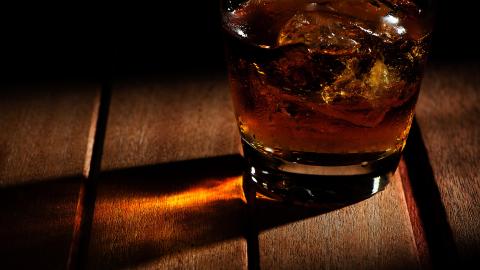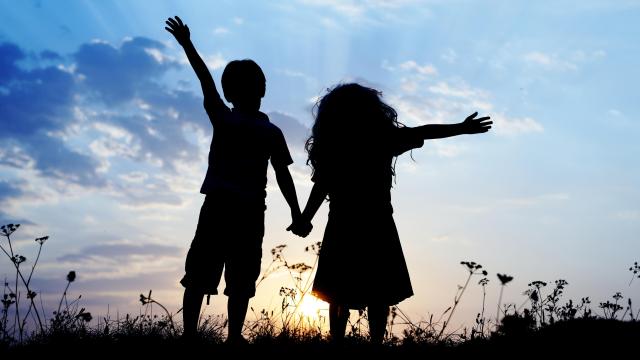How Alcohol Literally Steals Your Dreams

What’s the Latest Development?
Despite the apparent sophistication of having a nightcap—those in the know recommend only imbibing top-shelf brown liquids, never a clear eaux de vie—the effects of alcohol on sleep and restfulness make late-night drinks a losing proposition, says James Hamlin, MD. “We’ve even seen that genes regulating circadian rhythms are shut down in people with alcoholism, but we accept talk of burnished amber liqueurs in moderation as simple joie de vivre.” Few sleep experts would recommend any kind of alcoholic drink within an hour before bed, says Hamlin.
What’s the Big Idea?
Research conducted at the London Sleep Centre and University of Toronto has produced a more accurate picture of how alcohol affects sleep. Among other things, the more we drink the less REM sleep we get early in the night. As a result, we experience fewer dreams and are hurtled into a conscious-less void. “Instead of REM, that time is spent in deeper sleep phases—which they say, interestingly, increases our likelihood of snoring. … And we don’t even get the benefit from that extra deep sleep, because once the alcohol wears off, those deep sleep phases are so disrupted that the net overall effect is a less restorative night.”
Photo credit: Shutterstock.com




